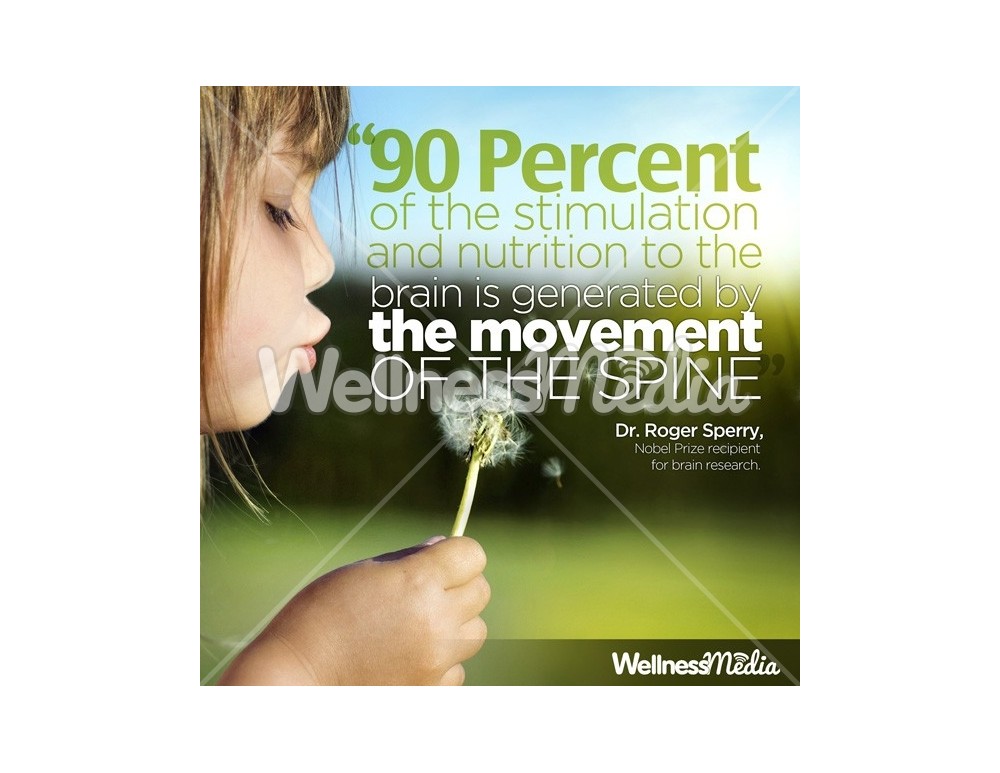The Influence Of Diet Plan On Pain In The Back Monitoring: Foods To Incorporate And Foods To Omit
The Influence Of Diet Plan On Pain In The Back Monitoring: Foods To Incorporate And Foods To Omit
Blog Article
chiropractor nyc upper east side -Bond Nicolajsen
When it involves managing your neck and back pain, the food choices you make can dramatically influence just how you really feel daily. Think of having the ability to ease your discomfort merely by readjusting what you consume. By understanding the function of nourishment in back pain administration and recognizing which foods to incorporate or stay away from, you can take proactive steps towards a much healthier and extra comfy lifestyle. The connection between nourishment and back health and wellness is a lot more profound than you might realize-- let's explore how certain foods can either soothe or intensify your back pain.
Relevance of Nutrition in Neck And Back Pain
Nourishment plays a critical duty in taking care of neck and back pain. Your diet can significantly influence swelling degrees and total discomfort degrees in your back. Eating a well balanced diet abundant in nutrients like vitamins D and K, calcium, magnesium, and omega-3 fatty acids can help in reducing inflammation and strengthen bones, which are necessary for back health and wellness.
Additionally, keeping back pain treatment near me and balanced weight through correct nutrition can relieve stress on your back, reducing the threat of neck and back pain.
Furthermore, certain nutrients like anti-oxidants found in fruits and vegetables can help battle oxidative tension and advertise healing in the body, including the back muscle mass and spinal column.
On the other hand, eating extreme amounts of processed foods, sweet beverages, and harmful fats can add to swelling and weight gain, exacerbating neck and back pain.
Foods to Eat for Back Health
To sustain a healthy back, incorporating nutrient-rich foods into your everyday dishes is essential. Including foods high in antioxidants like berries, spinach, and kale can help reduce swelling in your back, relieving discomfort and pain. Omega-3 fatty acids discovered in fatty fish such as salmon and mackerel have anti-inflammatory buildings that can profit your back health.
In addition, consuming nuts and seeds like almonds, walnuts, and chia seeds provides vital nutrients like magnesium and vitamin E, which support muscle feature and lower oxidative tension. Integrating lean healthy proteins such as chicken, turkey, and tofu can help in muscle mass repair and maintenance, promoting a strong back.
Do not forget to consist of dairy products or strengthened plant-based choices for calcium to support bone wellness. Finally, moisten with a lot of water to keep your back discs hydrated and working optimally. By consisting of these nutrient-dense foods in your diet, you can nourish your back and support overall spine health.
Foods to Stay Clear Of for Pain In The Back
Choose staying clear of refined foods high in added sugars and trans fats when seeking remedy for neck and back pain. These sorts of foods can add to inflammation in the body, which may aggravate back pain. Say no to sweet snacks sweet, pastries, and sugary drinks, as well as fast food items like hamburgers, fries, and fried poultry that are frequently filled with trans fats.
In addition, avoid foods containing high degrees of polished carbohydrates, such as white bread, pasta, and breads, as they can surge blood glucose degrees and potentially get worse inflammation in the body.
migraine cure manhattan 's likewise smart to limit your consumption of foods high in saturated fats, like red meat and full-fat milk products, as they can add to inflammation. Processed foods like deli meats, chips, and packaged snacks are commonly high in hydrogenated fats and need to be consumed in moderation.
Conclusion
To conclude, taking note of your diet plan and making smart food options can have a significant impact on handling pain in the back. By including nutrient-rich foods like berries, fatty fish, nuts, and lean proteins, and staying clear of processed and sugary items, you can help reduce inflammation and support overall back wellness. Remember, what you consume plays a critical role in just how you feel, so make sure to prioritize your nutrition for a much healthier back.
